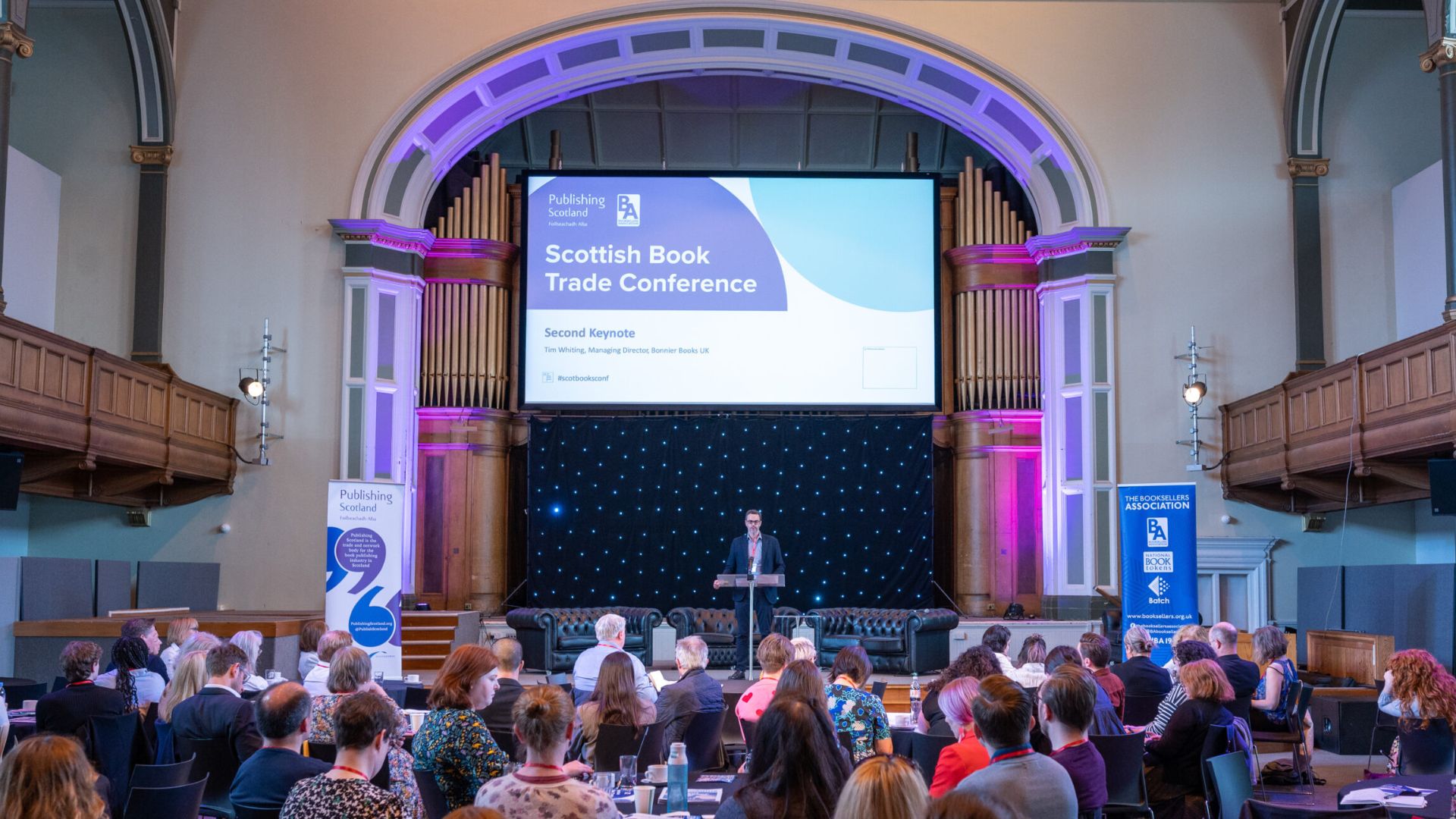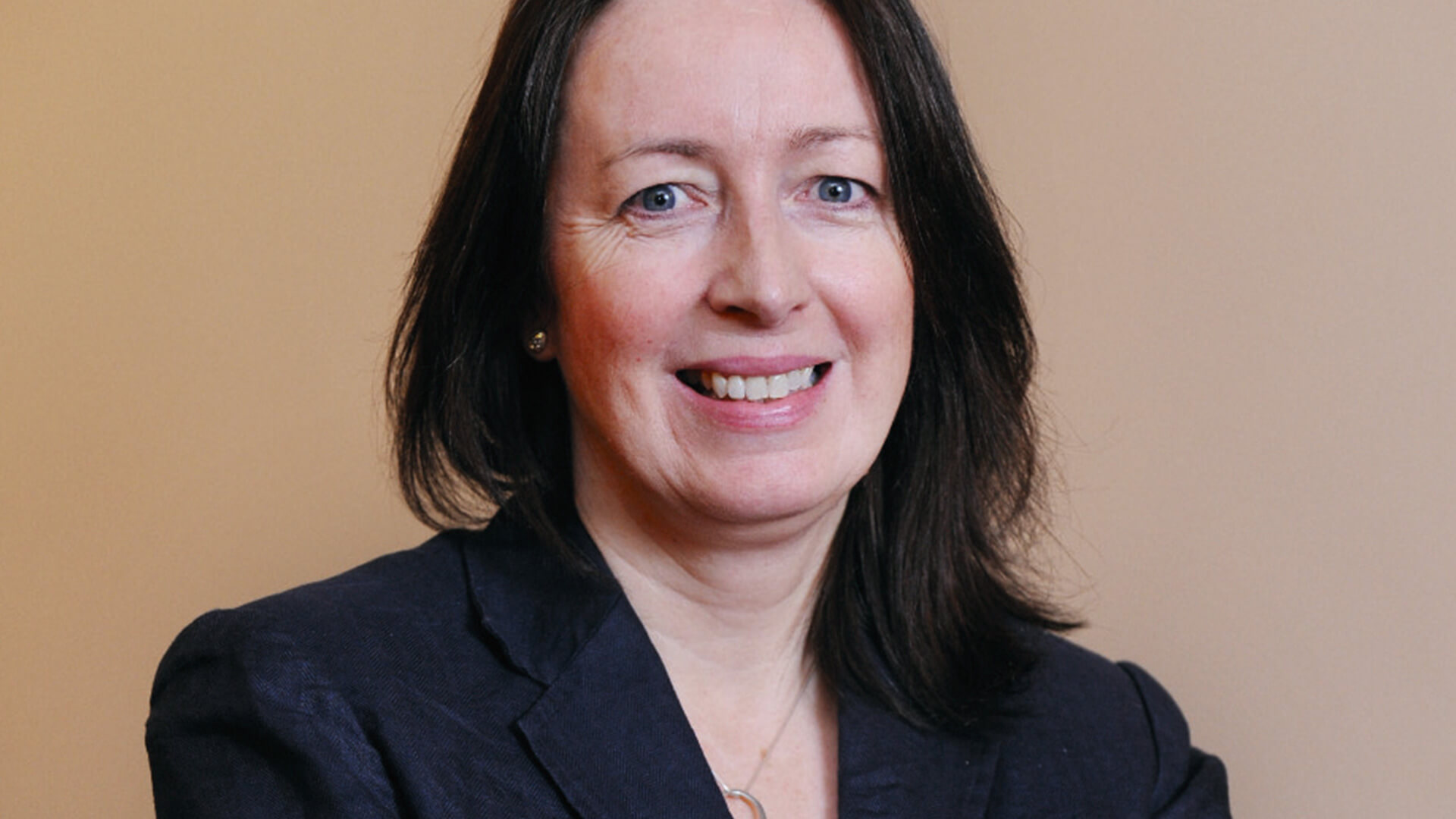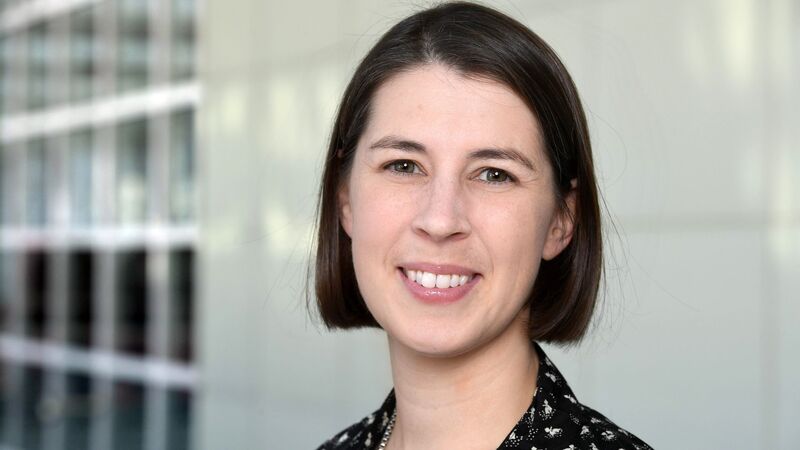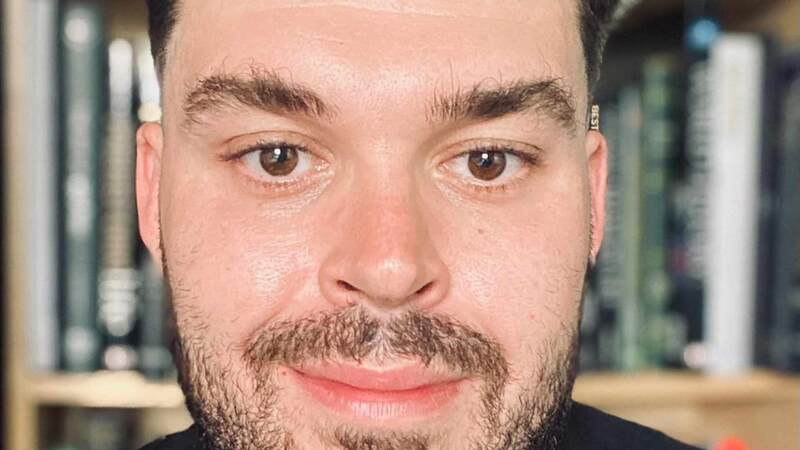Publishing Scotland at 50: International and environment drive the agenda
The Scottish trade body is marking its Golden Anniversary year with an increased global remit and ramped-up sustainability program, despite a tricky time for arts funding in the country
Publishing Scotland (PS) celebrates its 50th anniversary this year — and it is fair to say the most tumultuous times for the trade body and its members have occurred in its current leader’s tenure. Since Marion Sinclair took over as c.e.o in 2008, there has been a global financial crisis, a huge upswing in digitisation, Brexit and a global pandemic to name just a few flashpoints and issues which have tested the Scottish trade.
PS has justifiably been making a bit of a thing of its Golden Anniversary, celebrating the moment when a handful of trade professionals got together in 1974 to form the Scottish General Publishers Association (it became the Scottish Publishers Association soon after, with the PS branding launching in 2007). But Sinclair and her organisation have eyes focused firmly on the future.
Partly this is due to the nature of the job, Sinclair says, and partly because even trickier issues than those previously mentioned may be on the horizon. She says: “One of our stated aims going forward is on environmental issues and to have a more sustainable publishing environment. Part of the way we do that will be with our new policy development manager who will be taking us forward on [green issues]. But there are a whole number of things coming down the track, not least AI, the European Accessibility Act, a new code of conduct detailing with ethics…All of these we need to have a firm grip on for our members because if you’re an independent publisher—like almost all of our members—you don’t really have time to lift your eyes up and say ‘What policies that are coming down the line do I need to be across?’”
It’s obviously so much more important given we are no longer in Europe and we face all the disadvantages of Brexit, and we want to help our members try to leap over those difficulties
The other major plank PS is going to focus on in the next two to three years is to ramp up its already considerable international-facing side. These activities include its collective Scottish stand at book fairs; a fellowship which every year brings a group of international publishers to Scotland during the Edinburgh International Book Festival; an author international travel fund; and a translation fund which has monies for Scottish publishers to bring foreign titles into English, Gaelic or Scots—and to help Scottish writers get translated abroad. Twenty four books were awarded funds for the latter’s 2023/24 cycle including Graeme Macrae Burnet’s Case Study into Brazilian Portuguese, Jenny Colgan’s The Bookshop on the Corner into Azerbaijaini and Harry Jospehine Giles’ Deep Wheel Orcadia into Polish.
Sinclair says: “It’s trying to make our publishers aware of all the international opportunities and giving them tools to take advantage of them. It’s obviously so much more important given we are no longer in Europe and we face all the disadvantages of Brexit, and we want to help our members try to leap over those difficulties. So those are our main focuses in the next two to three years.”

PS currently has 75 member publishers, and numbers have more or less hovered between 70 and 80 over the last two decades. Those houses range from old hands like Canongate (the only founder-member still operating) and Edinburgh University Press to relative newcomers such as Glasgow’s Into Books. Plus there are about 40 mainly non-publisher network members which includes the Booksellers Association, the National Library of Scotland and wholesaler Bookspeed. PS and the BA work together on several events during the year, including the annual Scottish Book Trade Conference, the 2024 edition of which was held yesterday (16th May) in Edinburgh.
A fair few of those publishers exhibit on PS’s stand at international book fairs. It is part of the trade body’s bread and butter and takes a big chunk out of the budget. “It is important to be back,” Sinclair says. “These fairs are increasingly costly for publishers and certainly more complicated after Brexit. Those first two years after the pandemic were down [on exhibitor numbers]. And that’s difficult for our members because even if you miss one year you miss out on so much, not just in a pure business sense but simply what’s going on in the wider publishing world. But this year’s London Book Fair was incredibly full and busy for us. We haven’t finalised Frankfurt yet but it’s a clear upward trajectory.”
Sinclair has been talking in three-year cycles as PS recently submitted its application to Creative Scotland and will find out in October whether it is successful in its bid to be renewed as a Regularly Funded Organisation from 2025 to 2028. PS has other revenue streams than public monies—not least its commercial trading arm Booksource, the Glasgow-based distributor set up in 1995 initially for PS members but has long had clients across the UK—yet the trade body will struggle mightily if Creative Scotland funding is pulled. Sinclair cautions that “there are about 280 arts organisations competing for a dwindling pot of money. It is a really pivotal point in Scottish arts funding”.
She adds: “But I am optimistic. We operate at that point between commercial and artistic that I think few arts organisations do. And we’ve spent many years helping build up this publishing and literary infrastructure in Scotland. And there are so many opportunities and platforms for writers now—so many events and festivals. I would hate to see a retrenchment now where we would lose that momentum.”
Sinclair concludes: “We’ve in many ways become an international promotional vehicle for our publishers and Scottish books. And with things like our translation fund and fellowship we get people to come to us. It’s really important to reach out, to show people across the world how Scottish publishing might differ from the rest of the UK, or [the Anglophone world] in general. This can be expensive, but I don’t want us to become insular by what’s happening on the political front. We’re already geographically on the edge of Europe, so it’s really important that we make our mark.”















